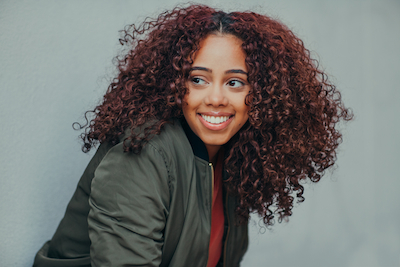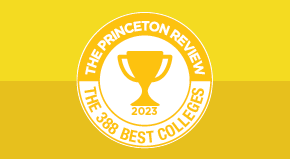When it comes to finding your best-fit college , a school's atmosphere is very important. It determines whether you'll feel comfortable and whether you'll find your niche. For this reason, many African-American students consider attending an Historically Black College or University (a school originally founded to serve black students) or one that is more racially mixed.

You can be successful at either; it's an individual choice .
Choosing an HBCU
There are 105 Historically Black Colleges and Universities in the United States—you may already be familiar with some well-known campuses like Morehouse , Howard , Spelman , and Fisk . From class offerings and student organizations to career services and alumni networks, HBCUs offer supportive environments that are rooted in the African-American experience. But this is not say these campuses aren’t diverse: HBCUs admit students from all races and walks of life.
Other College Choices
Predominantly black institutions (PBIs) have a student body that is more than 50 percent black (most HBCUs are predominantly black, but not all predominantly black institutions are HBCUs). Medgar Evers College in New York and Bloomfield College in New Jersey are examples of PBIs.
There are also schools that have plurality of black students, meaning the largest segment of the student population is black, though black students do not make up the majority (such as Cambridge College in Massachusetts, Georgia State University , or City Tech in New York).
If your goal is to be around other African–American students, you are not obliged to attend an HBCU. Even campuses with smaller black populations may have all-black fraternities or sororities, Black Student Unions, and African-American residential communities.
Bottom Line
You should consider the campus culture at any college before you apply. Don't rely solely on the materials sent to you by the admissions office—do your own research. You can find demographic information for many schools in our Best Colleges book and in our school profiles . Another great resource, the U.S. Department of Education tracks statistics about minority students.
Finally, visit your prospective colleges and talk to plenty of students. Spending the day on campus is the best way to get a feel for a school and determine whether it could be your future home.
Looking for strategic college advice?
Get one-on-one help from former Ivy League and top tier admission officers. Our College Counselors will help you find, apply, and get accepted to your dream school.
Read More
Explore Colleges For You
Connect with our featured colleges to find schools that both match your interests and are looking for students like you.
Get Started on Athletic Scholarships & Recruiting!
Join athletes who were discovered, recruited & often received scholarships after connecting with NCSA's 42,000 strong network of coaches.
Best 388 Colleges
154,000 students rate everything from their professors to their campus social scene.



